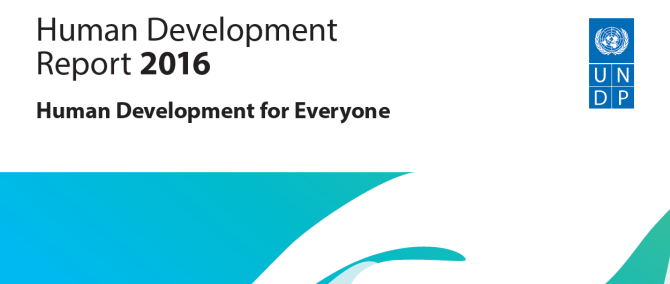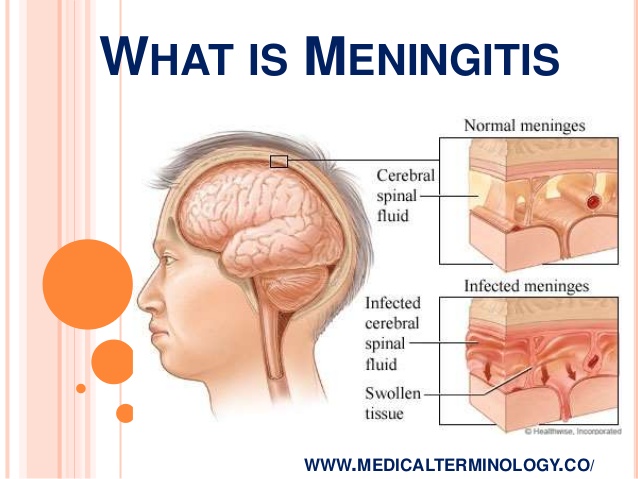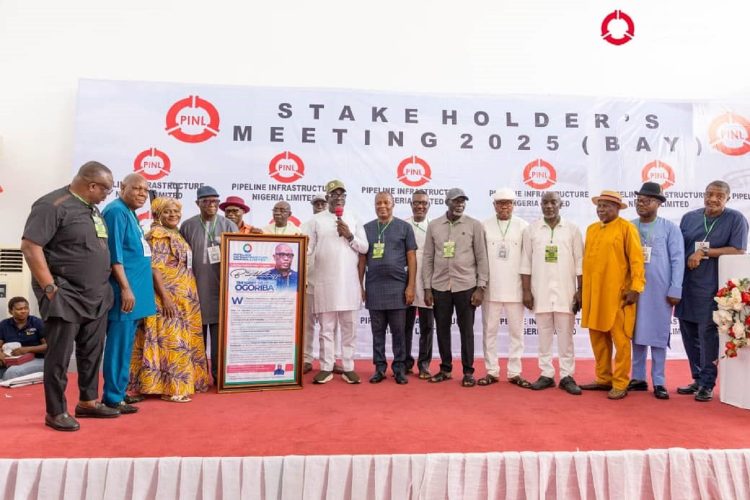
UNDP Human Development Report 2016
April 19, 2017
Ondo State Government Launches Meningitis awareness programme
April 20, 2017The International Monetary Fund (IMF) on Wednesday backed the Economic Recovery and Growth Plan (ERGP) released last month by President Muhammadu Buhari.
The ERGP is a blueprint for Nigeria’s economic recovery, growth and sustainable development.
Speaking at the ongoing IMF/World Bank Spring Meetings in Washington, the Assistant Director and Head of Fiscal Policy and Surveillance Division of the IMF, Catherine Pattillo, said the ERGP is very acceptable.
She said the plan focuses on diversification and addressing some of the deep-seated problems related to strengthening structures, economic diversification and building revenues, particularly oil revenue.
“So, we very much welcome the ERGP. As you are aware Nigeria went into recession last year, there have been forecasted recovery, but the need to address the fiscal situation is urgent. Our recommendation is for the continued fiscal consolidation. One striking statistics I think is the fact that over the past years, the ratio of interest payment to tax revenue has doubled to 66 per cent in Nigeria,†she said.
According to Pattillo, two-thirds of all tax revenue is going into interest payment, illustrating the need to raise tax revenue to allow government implement the social and growth-friendly policies that are part of the objectives of the ERGP.
Pattillo said the types of strong fiscal institutions we have talked about are important for governments to ensure that funds flow back to their countries.
The development of the ERGP went through a rigorous process including wide consultation and robust engagements with stakeholders from a range of relevant fields including economic experts from the public and private sectors, academia, the Organized Private Sector, civil society groups, organized labour, sub-regional governments, international development partners (including the World Bank, International Monetary Fund and African Development Bank), the National Economic Council (NEC) and the National Assembly.
IMF’s Director, Fiscal Affairs Department, Vitor Gaspar, said he was also glad Nigeria is making major moves to strengthen its fiscal policies.
“I had the privilege of visiting Nigeria some months ago and I was very happy to understand that for the authorities in Nigeria, fiscal policies in general and tax policy, in particular are part of the strategy for development. That is precisely how I believe fiscal policy should be thought in developing countries as part of their development strategy,†he said.









